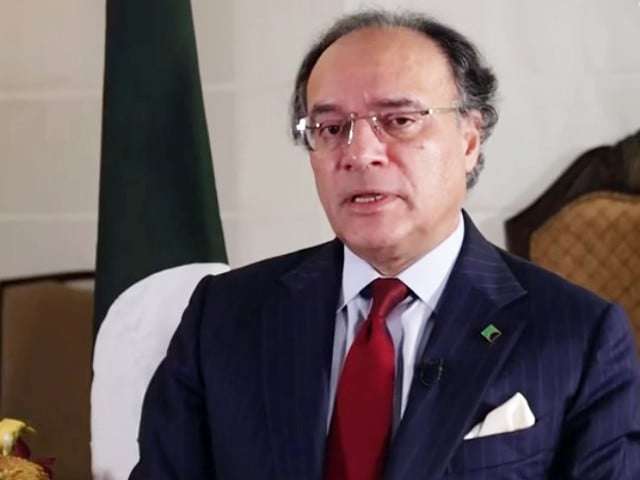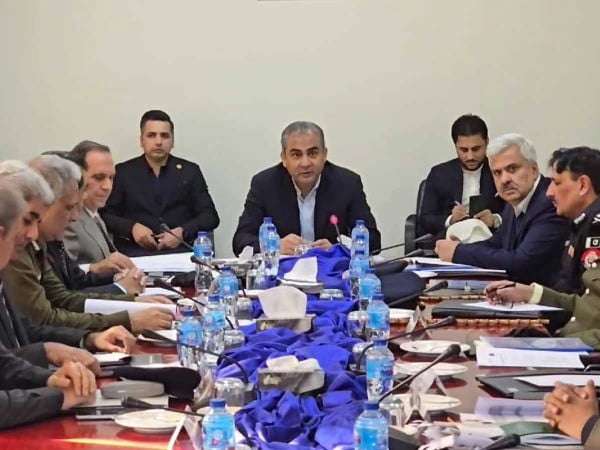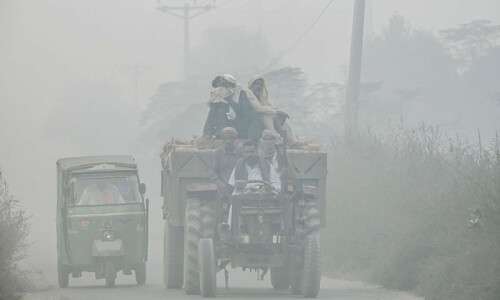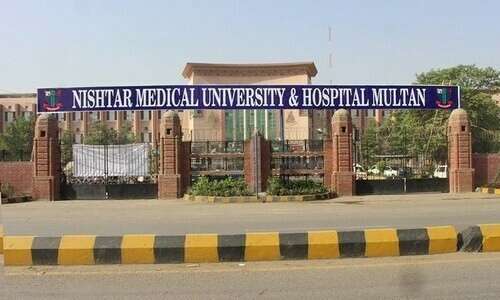Introduction
In an interview and public statement, Pakistan’s Finance Minister, Senator Muhammad Aurangzeb, has issued a call to the private sector to play a significant role in the economic recovery of the country. While acknowledging the government’s efforts to stabilize the economy, he emphasized that the private sector must step up, ensuring that their contribution is pivotal in driving Pakistan towards a future of sustainable growth and economic prosperity.
Strengthening the Economy: The Role of the Private Sector
The Finance Minister has consistently voiced his belief that the future of Pakistan’s economy depends heavily on the growth and involvement of the private sector. Speaking at an event in Islamabad, Aurangzeb reiterated that the government will act as a facilitator, but it is the private businesses that must drive the nation forward. “We have the opportunity to turn our economic outlook around, but we need the private sector to lead the charge,” he stated.
Focus on Export-Led Growth
A key part of the finance minister’s agenda is the focus on export-led growth, which he considers essential to ending Pakistan’s dependency on imports. By investing in export-oriented businesses, the country can break out of its cyclical boom-and-bust economic patterns. “Export-led growth is not just important, it is necessary for Pakistan’s sustained growth,” he said, emphasizing the need for every business in Pakistan to contribute to export activities. The international demand for “Made in Pakistan” products must be leveraged to boost the nation’s economic standing globally.
Enhancing the Loan System
Aurangzeb also underscored the importance of improving the loan system to facilitate businesses’ growth, pointing out that timely intervention to prevent bankruptcies of notable businesses was critical. He called for a better and more efficient loan framework that would help businesses stay afloat and continue contributing to the economy.
Economic Reforms and the Government’s Role
Pakistan’s finance minister emphasized the role of structural reforms and investments in energizing the economy. During a meeting with the Overseas Investors Chamber of Commerce and Industry (OICCI), he highlighted several key areas that required attention, including taxation, energy, state-owned enterprises (SOEs), and the privatization agenda. He stressed the need for cooperation with existing investors and introduced the idea of a stable policy framework, which he believes is vital for attracting future investments.
Privatization and SOE Reforms
One of the most pressing challenges facing Pakistan’s economy is the persistent losses incurred by state-owned enterprises (SOEs), which have collectively lost over Rs 6 trillion in the past decade. Aurangzeb pointed to the privatization of loss-making SOEs as a necessity for long-term economic stability. In addition, he encouraged private sector leadership to help modernize and revitalize these SOEs.
Political Stability as a Foundation for Economic Growth
The finance minister also stressed that political stability plays an integral role in Pakistan’s economic development. He mentioned that political unrest, including sit-ins and protests, is costing Pakistan around Rs 190 billion every day. He called for a political consensus across administrations, underlining the importance of all political parties being on the same page when it comes to economic policies.
The Need for Economic Consensus
“The only way forward is for all political players to work together and create a stable political environment,” he said. “Only then can we build a stable economic environment that attracts both local and foreign investment.” This sentiment echoed across his speech as he called for greater tolerance and cooperation among political leaders.
Smuggling Crackdown and Tax Reforms
Aurangzeb also addressed the ongoing efforts to curb smuggling in Pakistan, an issue that has long plagued the country’s economy. He noted that petroleum volumes were increasing due to crackdowns on illegal activities and that illegal gas stations had been sealed. Similarly, shops selling illicit cigarettes have been warned, which is expected to curb the informal economy that hampers the government’s revenue generation.
Broadening the Tax Net
Another key area that Aurangzeb highlighted was the expansion of the tax base. Discussions are ongoing with the Sindh government regarding agricultural taxes, and other provinces like Punjab, Khyber Pakhtunkhwa, and Balochistan are also working on expanding their tax base. He emphasized the need for sectors like agriculture, real estate, wholesalers, and retailers to be brought into the tax net. Additionally, the digitalization of tax systems is playing a critical role in minimizing tax leakages and enhancing revenue generation.
Efforts to Control Inflation and Price Management
Addressing the issue of inflation, Aurangzeb highlighted the government’s efforts to keep essential goods’ prices under control. The Economic Coordination Committee (ECC) recently introduced a Standard Item Agenda to manage the prices of key products, including pulses and petroleum. He urged the Price Control Committees to remain vigilant in monitoring and managing price increases, particularly in light of recent declines in international market prices.
FAQs
1. How can the private sector contribute to Pakistan’s economic recovery?
The private sector can contribute by focusing on export-led growth, investing in sectors that reduce Pakistan’s dependency on imports, and ensuring that their investments align with the government’s long-term vision for a stable and sustainable economy.
2. What reforms are necessary to boost investment in Pakistan?
Reforms in taxation, energy, and the privatization of state-owned enterprises (SOEs) are necessary to create a conducive environment for investment. Furthermore, a stable policy framework and political consensus are essential to attract local and foreign investors.
3. What role does political stability play in Pakistan’s economy?
Political stability is crucial for long-term economic growth as it helps in attracting investments, both domestic and foreign. Political unrest, on the other hand, leads to economic disruptions and financial losses.
4. How is the government addressing smuggling and informal economies?
The government is cracking down on smuggling by increasing the volumes of petroleum and sealing illegal gas stations. Additionally, it is targeting illegal businesses such as shops selling illicit cigarettes to curb the informal economy.
5. What measures is the government taking to control inflation?
The government is implementing a Standard Item Agenda through the Economic Coordination Committee (ECC) to control prices of essential goods and is actively monitoring the situation to ensure prices remain stable.
Conclusion
Pakistan’s Finance Minister, Muhammad Aurangzeb, has outlined a clear path forward for the country’s economy, focusing on the crucial role of the private sector, structural reforms, and political stability. His call for increased exports, improved loan systems, and efforts to control inflation and smuggling are all aimed at creating a more sustainable and resilient economic environment.



